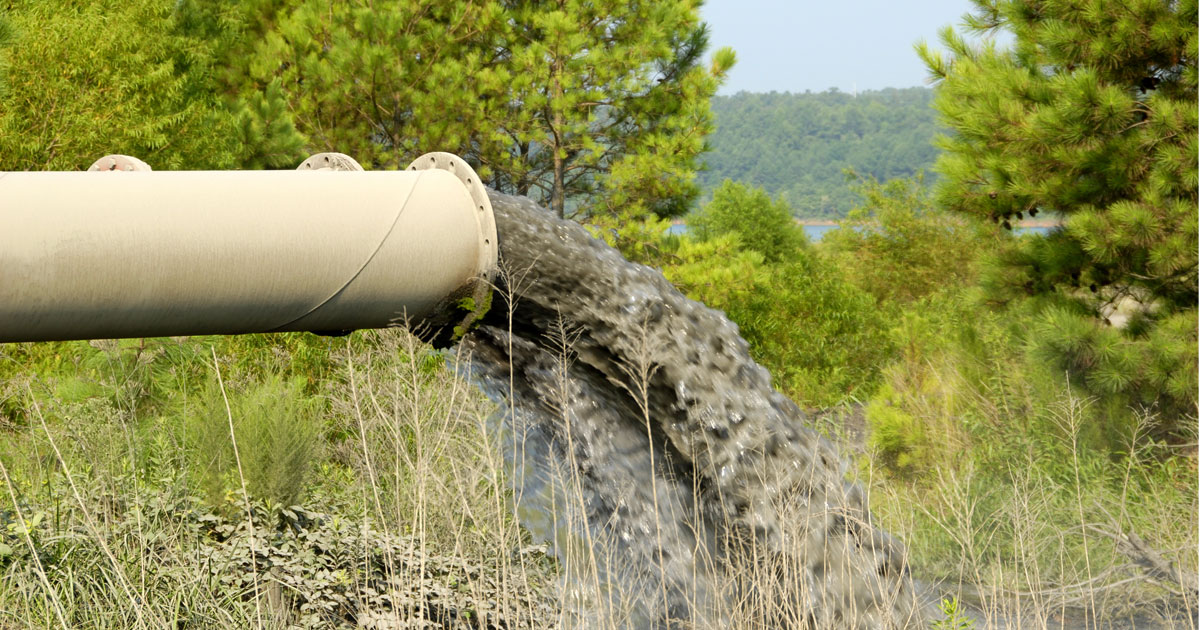MENU
- Home
- Overview
- Attorneys
- Practice Areas
- Firm News
- Blog
- Contact

Water is a precious resource. In the United States, more than half of the nation’s population relies on groundwater for drinking water. Groundwater refers to water under the Earth’s surface that is replenished by rainwater, streams, rivers, and lakes. If groundwater supplies are contaminated, affected homeowners and residents are suddenly without a safe water source.
Groundwater contamination occurs from numerous industrial and agricultural sources. This includes illegal waste dumping, atmospheric contaminants, road treatments, chemical waste, and animal waste products. Therefore, contamination of groundwater represents a significant human health and environmental hazard. Long-term effects from contamination can affect populations and ecosystems.
Groundwater is stored in aquifers underground and groundwater levels can vary depending on rainfall or drought conditions. This water source is for human consumption. It also supports the ecosystems of lakes and rivers, sustaining vegetation and wildlife. In parts of Delaware, watershed threatens the Chesapeake Bay. Prior to the industrial age, groundwater was a pure and uncontaminated water source. In the 21st century, threats to groundwater are myriad; contamination can stem from industrial operations, agriculture waste, landfills, spills, road salt treatments, and several other ground contaminants.
For homeowners in Delaware, a recent lawsuit may bring relief to those affected from the agricultural groundwater contamination that impacted over 750 plaintiffs. In the Delaware case, communities’ water was affected by Mountaire Farms, a large-scale poultry producer that slaughters and processes about 2 million chickens per week. The complaint alleges that Mountaire Farm’s wastewater treatment plant failed to adequately treat wastewater and sludge. The wastewater contained chicken parts that included fecal matter, blood, and carcasses. The company sprayed the waste on nearly a thousand acres of farm fields. Findings showed that the waste contained extremely high levels of nutrients that violated state environmental regulations. Mountaire Farms and the affected plaintiffs entered negotiations to settle the case.
Also in Delaware, a class action suit against chemical giants 3M, E.I. du Pont de Nemours & Co. is underway. Claims that a chemical used to manufacture non-stick items has degraded the groundwater. Ingesting contaminated water can have serious effects on human health. Some of these effects includes birth defects, developmental delays, and cancers.
It is important to determine causes of groundwater contamination when residents, business owners, or municipalities are impacted. In agriculture industries in Delaware, potential contamination can occur from the process of slaughtering animals and biologic byproducts. Chemicals like herbicides, pesticides, and fertilizers can also contribute to groundwater contamination. Analyzing contamination requires environmental experts familiar with state and federal regulations. Plaintiffs should not attempt a lawsuit without a skilled environmental lawyer on their side.
If you or someone you know was subjected to groundwater contamination, you may be eligible for compensation. Our dedicated Wilmington environmental lawyers at Jacobs & Crumplar, P.A. protect victims suffering from environmental contamination and will fight to defend your rights. Contact us online or call us at 302-656-5445 for a free consultation about your claim. Located in Wilmington and Millsboro, Delaware, we also serve clients in Dover, New Castle County, and Sussex County.